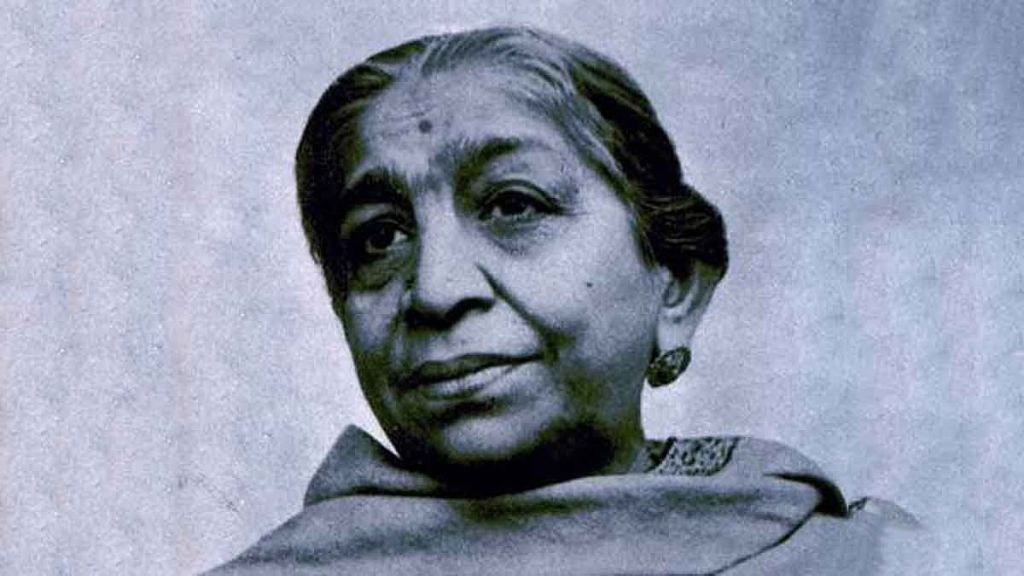
Sarojini Naidu, born on February 13, was an Indian political activist and poet, renowned as the Nightingale of India. She was a talented poet, a prominent political leader, and a strong advocate for women's rights. Naidu played a crucial role in India's struggle for independence and fought against the British Raj. As we reflect on her life and legacy, let us celebrate her contributions to literature, politics, and women's empowerment.
Who was Sarojini Naidu?
Sarojini Naidu was born in Hyderabad in 1879. From a young age, she displayed remarkable intellect and talent. Her father, Aghorenath Chattopadhyay, was a renowned scientist, philosopher, and educator who provided her with a strong foundation in education and liberal thinking. She received her education in Madras, London, and Cambridge.
Naidu decided to participate in India's independence movement and followed Mahatma Gandhi and his ideas of Swaraj (self-rule). In 1925, she was appointed the president of the Indian National Congress. When India gained independence in 1947, she became the Governor of the United Provinces.
Remembering the 'Nightingale of India': Today in 1879, noted poetess and freedom fighter #SarojiniNaidu was born
— DD News (@DDNewslive) February 13, 2018
In video: She introduces Carnatic singer late M.S. Subbulakshmi to the north Indian audience
Video courtesy: @NFAIOfficial pic.twitter.com/3AH1uZenek
Sarojini Naidu's contributions to India's freedom struggle
Sarojini Naidu made significant contributions to India through her political activism, writing, and advocacy for women's rights. She played a leading role in the Civil Disobedience Movement and the Quit India Movement. Naidu's dedication to social reform and women's empowerment was exceptional. She actively supported women's rights and was instrumental in advancing the position of women in Indian society.
Women's rights advocacy
Naidu was a talented poet who used her skills to advocate for women's rights and gender equality. She entered politics after being inspired by the prominent nationalist leader, Gopal Krishna Gokhale. Naidu believed that the liberation of women was essential to India's overall progress. She played a key role in establishing the Women’s Indian Association, which served as a platform for women to discuss their rights and express their demands. In 1930, Naidu also became the fourth president of the All India Women’s Conference (AIWC).